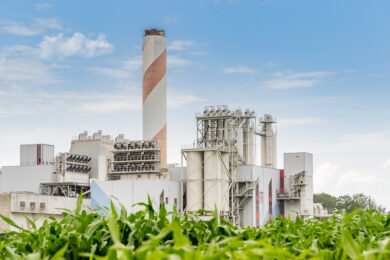Trust must be earned and re-earned in climate change
We live in an era in which trust is no longer the default position; it must be earned and re-earned. Growing concerns about climate change, declining confidence in public institutions, the assertion of Indigenous rights and heightened activism by NGOs pose challenges for natural resource development across the country. The difficulties experienced over recent pipeline projects demonstrate how the circle of interests has been widened and the legitimacy of existing methodologies and governance structures are being challenged.
Resource development today requires not just regulatory approval, but also public confidence, to move forward. Project proponents, regulatory bodies and policy makers are all struggling to understand and adapt to shifting societal values and expectations. Public discourse on resource development is increasingly polarized, reinforcing simplistic false binaries between economic growth and environmental protection. Although the internet provides greater access to information, most citizens lack awareness of the role natural resources play in their everyday lives and the impact of regulatory systems across the country. With many projects affecting Indigenous communities, relationships are further complicated by historical tensions, the duty to consult and recent developments around rights and title, such as implementing free, prior and informed consent and nation-to-nation relations.
Successful resource development is not simply a matter of corporate responsibility. It is inextricably tied to public trust in governance, from who participates in decision-making to how decisions are made. Industries, regulators and policy makers are working to improve transparency and communications, ensure early and ongoing community engagement, and build local capacity to maximize shared benefits. Although organizations across sectors are turning their attention to the issue of public confidence, questions still remain about how to establish and maintain trust in today’s highly contentious and volatile landscape.
Public confidence means different things to different people. Some even dismiss the relevance of public opinion, choosing instead to emphasize the role of regulatory processes and democratic institutions. But those who continue to uphold the status quo are pushing against a growing culture of inclusiveness. Reconciling the range of issues and interests involves challenges that cannot be resolved by any one party or strategy. As Canada continues to seek new avenues for sustainable growth, a concerted effort is needed to promote a more collaborative approach to resource development.
In partnership with Enbridge, ATCO Group, Cenovus Energy, Natural Resources Canada and the Department of Fisheries and Oceans, the Public Policy Forum launched an exploration of key challenges and opportunities in building public confidence in resource development projects. We engaged leaders across sectors and regions in candid conversations about the barriers they have faced and the lessons they have learned.
Public confidence is not the same as public opinion. It is about restoring trust in processes and institutions. From Indigenous participation and public engagement to effective oversight and climate leadership, governments, regulators and resource industries need to adapt to changing demands in resource development. Based on what we heard in interviews and roundtable discussions, this report paints a picture of the increasing complexities of resource development and provides specific recommendations for securing public confidence in projects that will shape Canada’s future prosperity.
This is an introduction for Walk the Talk: How Canada Can Restore Public Confidence in Resource Development.





